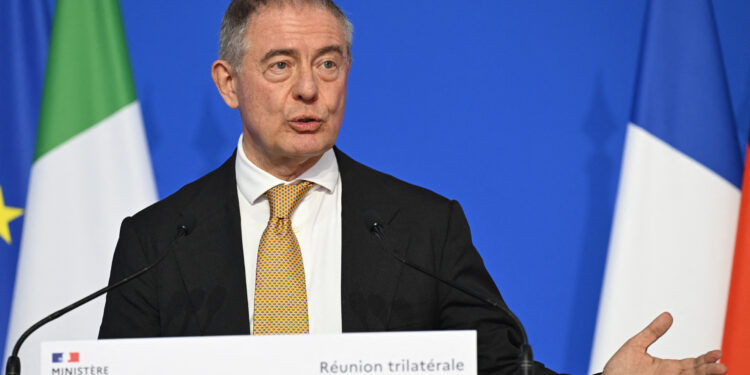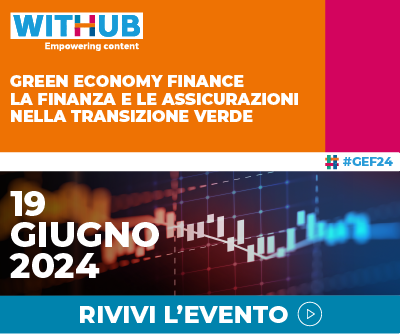Brussels – It is unclear how many and which member states support the guidelines on the future of European industrial policy that the Minister for Enterprise and Made in Italy Adolfo Urso is outlining to European partners these days. He mentioned several EU countries that would agree with the government, but from today’s (Sept. 26) Competitiveness Council, no explicit confirmations have been made, although there has been no denial.
“Some countries have already expressed themselves in the Council regarding our proposal, and others in the bilateral meetings that I have had,” the MIMIT holder assured reporters in the early afternoon as he exited the Competition meeting. “I refer specifically to Romania, Slovakia, Latvia, Malta, Cyprus, Poland, Czech Republic, and I have also spoken with Spain and yesterday with Germany,” he specified, arguing that there is a “sufficient majority of countries that are prepared to ask, with the report that we are preparing, that there be an advance in the exercise of the review clause, already scheduled for the end of 2026, so that we can decide earlier, in a reasonable time—we will propose the first half of 2025—what we need to do together to achieve the targets we set.”
And yet, only a few hours earlier, German Economy Undersecretary Sven Giegold had said that “Germany does not want to weaken climate regulations” and that “climate targets are crucial“—both those to 2035 (the stop on internal combustion engine vehicles) and the intermediate targets to 2025 (the 15 per cent reduction in CO2 emissions compared to 2021 values).
Cold shoulder, from Berlin, also on the request to bring forward the activation of the review clause of the emissions regulation, which, Giegold made clear, must remain set for 2026 to allow the necessary data to be collected. Right down to the final thrust on biofuels, defended by Rome as a necessary choice for post-2035 technology neutrality: “We are not asking for new biofuels that, if you do the math, are not climate neutral,” he said.
Whether Germany is for or against the Italian position is not a secondary question, given that it is the most populous country among the Twenty-Seven: if Berlin and Paris oppose it, at the Council, because of the voting rules, it is hard to win out. Especially if it were to falter the support of some other state among those mentioned by Urso as well: an eventuality that cannot be ruled out, since others could follow the German denial. Italy aims to draw up a non-paper, that is, an informal document to be signed by as many national governments as possible, containing the main Italian claims.
In the evening, instead of new denials, the member states with which MIMIT signalled “convergence” had also been joined by Austria and the Netherlands. At the end of the Compet meeting, Hungarian Minister for Economic Strategy Mate Loga (host, as Budapest holds the rotating presidency of the EU) stated that “the automotive sector, in relation to climate targets, was not the focus of today’s discussion,” and denied that there was any talk of “precise deadlines” with reference to the fateful 2025 and 2035 ones.
The Italian minister received the backing of the Lega, a majority partner in Rome, which, through its head of delegation in Strasbourg, Paolo Borchia, stressed that bringing forward the revision of the emissions regulation to 2025 is “a common-sense proposal” against a Green Deal that “has always placed ideological battles over concrete needs, pursuing an extreme leftist political agenda without listening to companies and workers.”
From the opposition, on the other hand, came the criticism from 5-Star MEP Valentina Palmisano: “Spain, Germany, France, Poland, Sweden, all major European countries have binned Urso’s proposal to bring forward the review of EU car regulations to 2025 to cancel the stop to the endothermic engine from 2035,” she said in a note, claiming that “just five countries supported it” (without naming them) and that “even Orbán’s Hungary responded in spades.”
English version by the Translation Service of Withub





![[foto: European Institute for Gender Equality]](https://www.eunews.it/wp-content/uploads/2021/03/gender-pay-gap.jpg)
